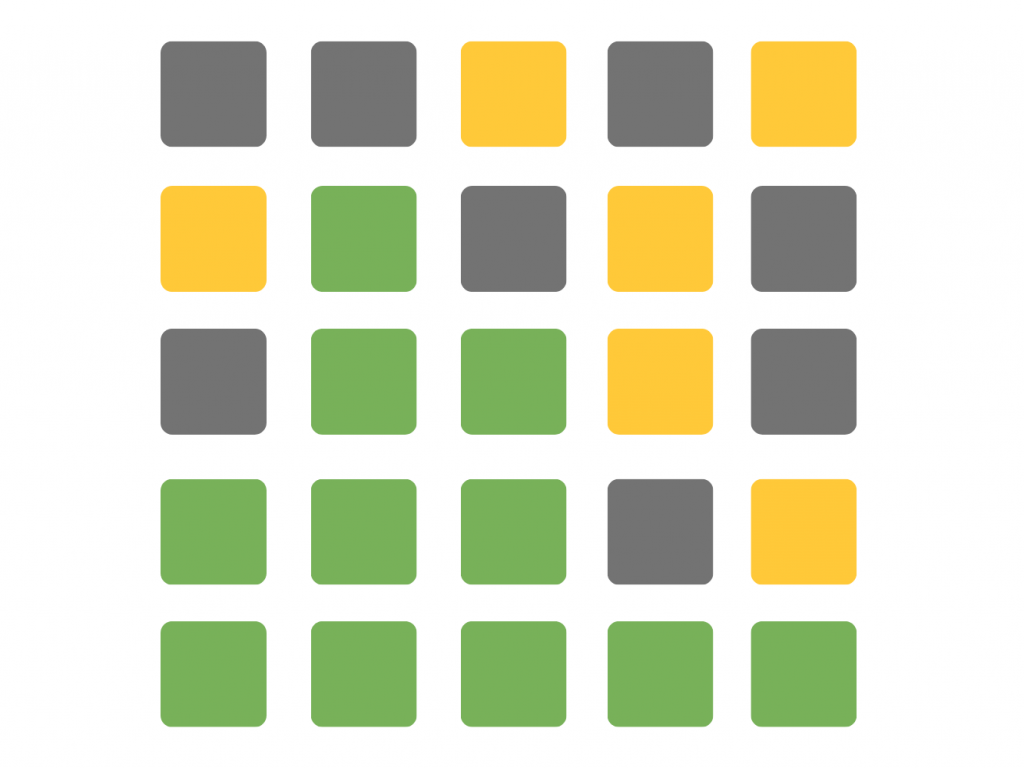- The New York Times acquired hit puzzle game Wordle for a low seven-figure sum, it said Monday.
- NYT Games GM Jonathan Knight said Wordle fits into its Games subscription growth strategy.
- Wordle will be kept free for now and used to promote other Times games, Knight said.
On January 3, The New York Times published its first story about Wordle, the increasingly popular word puzzle game created by Brooklyn-based software engineer Josh Wardle.
“I think people kind of appreciate that there’s this thing online that’s just fun,” Wardle told the New York Times reporter. Jonathan Knight, the general manager of games at The New York Times, agreed.
After the story was published, Knight quickly reached out to Wardle to gauge his future plans for Wordle, starting a dialogue that led to the newspaper acquiring the game for a sum “in the low seven figures,” the Times announced Monday.
Pared down in its presentation, simple to play, and a shareable status symbol on social media, Wordle gelled with the three pillars of The Times’ gaming philosophy, Knight told Insider. A game should feel human-made. Playing it is time well spent. And the game is “smart-fun.”
More than that, though, Wordle helps The Times on a core business goal — building out its offering of non-news products, from the NYT Cooking app to its Wirecutter reviews site to the paper’s recent $550 million acquisition of sports publisher The Athletic, to better attract new audiences. The paper last reported it had 8.4 million subscribers overall and it aims to grow to 10 million by 2025.
Games, which The Times also offers as a separate subscription or part of a more robust bundle, is central to that strategy. The paper recently said that it had accumulated 1 million subscriptions for the standalone Games product.
"We have a big ambition to grow our Games audience, and we see it as a really big opportunity," said Knight, a former Zynga and Electronic Arts executive. "Games are a diversion from news, and the news can be brutal sometimes."

Puzzles have served as a diversion from dire headlines for Times readers since 1942, when the paper launched its iconic crossword during World War II. As the Times beefed up its digital presence, it expanded with a "Mini" crossword in 2014, followed by a number of other games, like Spelling Bee and Tiles. The paper said its games were played more than 500 million times last year.
Dan Beasley, cofounder of games studio Viker, said that word games are one of the most competitive categories in mobile. But many games feel heavy on advertisements or in-app purchases, providing an advantage for subscription-based publishers like The Times that can produce games without the clutter.
"The ability to think of these games editorially, so you can kind of tie it into moments of the year — that gives them quite a competitive advantage in the sector," Beasley added.
The Wordle acquisition comes as M&A activity in the gaming industry heats up, including huge deals like Microsoft's $69 billion takeover of Activision Blizzard, Take-Two's $13 billion acquisition of Zynga, and Sony announcing plans to buy "Destiny" and "Halo" developer Bungie for $3.6 billion.
On the smaller, puzzle-game scale, Knight said The Times could make more acquisitions in the future, but the paper wants to be thoughtful in its approach. Its Games team, which includes editorial employees, engineers, product designers, and data analysts, prototypes new games internally.
Knight said that the Times' overall goal was to become the "essential subscription service," which means offering an array of products. While the Wordle deal is the paper's first Games acquisition, "I think we have been on the lookout for opportunities to make games a bigger part of what we're doing at the Times," he said.
Media analyst Douglas McCabe said there has been a resurgence of simple and satisfying word puzzles, long the bread-and-butter of print newspapers. "On the one hand, all the talk and hype around the internet generally is around Web 3.0 and the metaverse, really immersive digital experiences," he said. "But simultaneously there is a kind of nostalgic love of quite simple products and interactions" like Wordle.
For now, Knight said that Wordle, where players have six attempts to guess a daily five-letter word, will be kept free. The Times is "committed to continuing what makes this game magical," he said, but the paper does plan to find ways to introduce its existing games to the Wordle community, which has millions of daily players, according to the Times.
Knight acknowledged that Wordle, which was featured in last week's cold open on "Saturday Night Live," will come down a bit from its viral moment. Gaming crazes come and go— like the Pokémon Go phenomenon in 2016 and the flameout of live game show app HQ Trivia a few years later — but Knight believes Wordle will have staying power.
"I think many people will be obsessed with Wordle a year from now, and many people will play it for most of the rest of their lives," Knight said. "It's too good."

